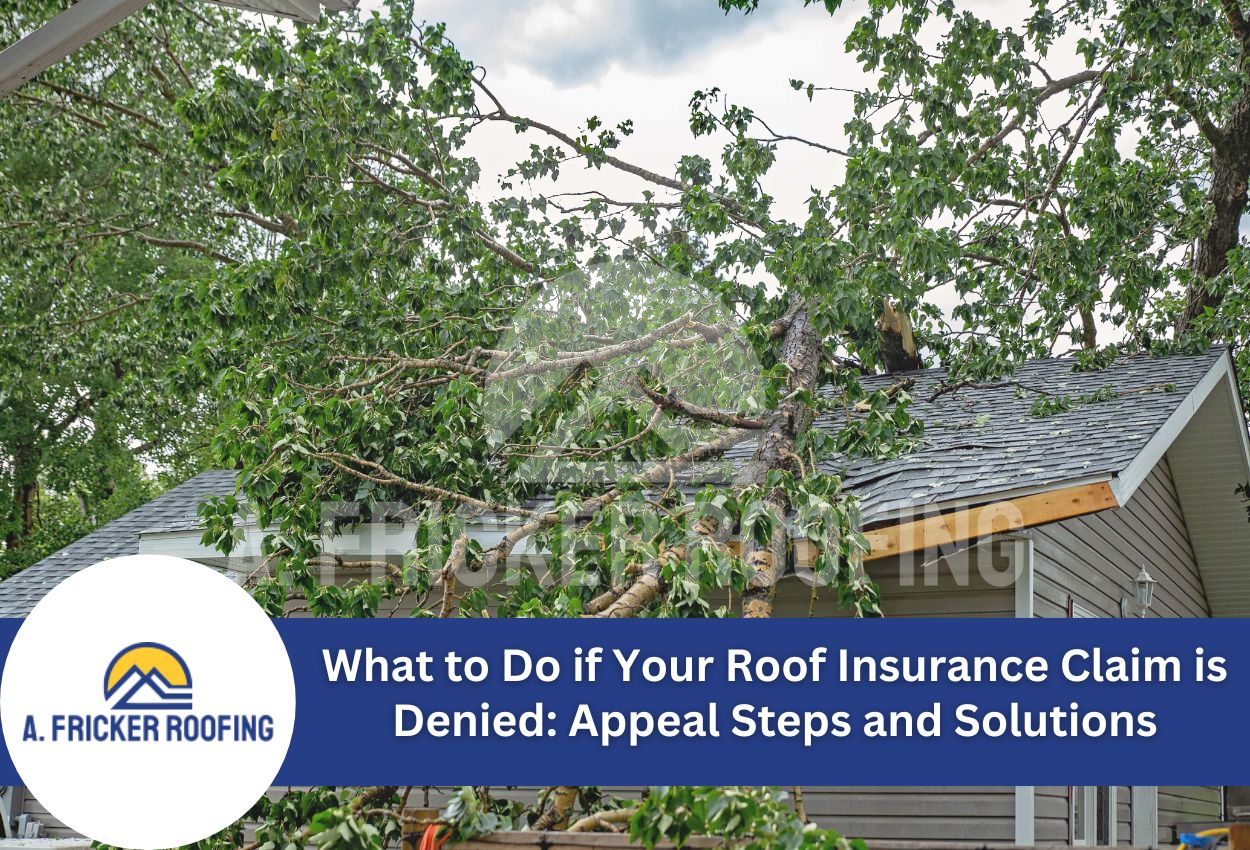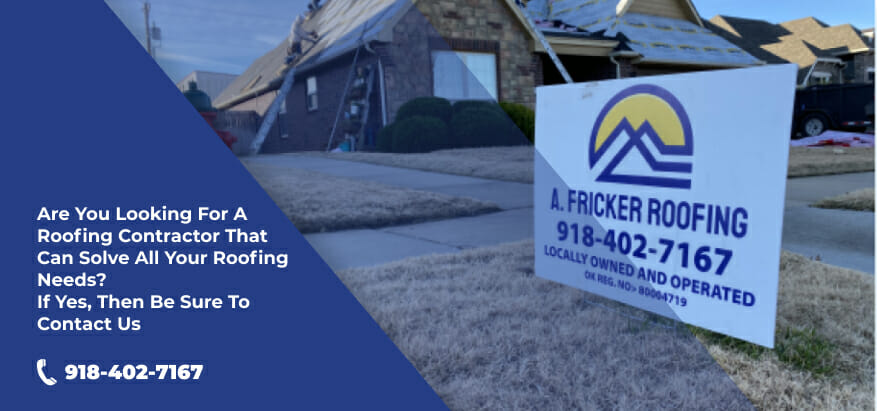Receiving a denial notice for your roof insurance claim can feel devastating, especially when dealing with storm damage or unexpected roofing issues. Insurance companies reject roof damage claims for various reasons, from questioning the cause of damage to disputing coverage terms. A denial doesn’t mark the end of your options, and knowing the next steps is crucial for protecting your home and financial interests.
The roof insurance claim appeal process exists specifically to address situations where homeowners believe their claims were wrongfully rejected. Insurance adjusters may initially overlook critical damage evidence or misinterpret policy language during their roof inspection. These oversights create opportunities for successful claim reversals when homeowners take appropriate action.
Acting quickly after receiving an insurance claim denial notice significantly improves the chances of overturning the decision. Most insurance policies include specific timeframes for challenging denied claims, making an immediate response essential. The appeals process requires careful documentation, a thorough damage assessment, and evidence that counters the insurance company’s initial findings.
Property owners who understand their rights and follow proper procedures often succeed in reversing claim denials. The key lies in building a compelling case that addresses the specific reasons cited in the rejection notice while presenting additional evidence that supports coverage under the policy terms.
Understanding Your Denial Letter and Policy Coverage
The denial letter is the foundation for understanding why your roof insurance claim was rejected and provides the roadmap for a successful appeal. Insurance companies must specify the exact reasons for denial and reference specific policy provisions that support their decision. Common rejection reasons include attributing damage to normal wear and tear, questioning the timing of damage occurrence, or claiming the damage falls under policy exclusions.
Carefully examining each cited policy provision helps determine whether the insurance adjuster’s roof inspection was thorough and accurate. Many denials result from misinterpretation of coverage terms or failure to assess the full extent of roof damage. The denial letter should clearly identify which sections of your policy the company believes exclude coverage for your specific situation.
A policy language analysis can reveal whether coverage gaps truly exist or if the insurance company overlooked applicable provisions. Homeowners insurance policies often contain multiple sections that could potentially cover roof damage, including wind, hail, or sudden accidental damage clauses. Understanding your coverage is essential when preparing your roof insurance claim appeal.
Documentation errors frequently contribute to initial claim rejections, particularly when adjusters fail to correlate visible damage with covered perils. Reviewing both the denial letter and policy terms simultaneously may reveal inconsistencies in the company’s reasoning and strengthen your position for challenging the denied roof damage claim.
Gathering Evidence to Challenge the Insurance Decision
Building a strong case against a denied roof insurance claim requires comprehensive documentation that directly addresses the insurance company’s stated reasons for rejection. Professional-quality photos showing damage from multiple angles provide compelling visual evidence that counters initial adjuster assessments. Each photo should capture specific damage with clear reference points, proper lighting, and detailed close-ups that highlight issues potentially missed during the original insurance adjuster’s roof inspection.
Written descriptions accompanying photos should detail the location, size, and nature of each damaged area using precise measurements and technical terminology. This documentation helps create a credible assessment that rivals or exceeds the insurance company’s initial evaluation. Recording weather conditions, dates of discovery, and progression of damage creates a timeline that supports your position in the roof insurance claim appeal process.
Professional assessments from licensed roofing contractors provide expert opinions that carry significant weight in homeowner insurance claim disputes. These qualified professionals can identify damage patterns consistent with covered perils and explain technical aspects that insurance adjusters may have overlooked or misinterpreted. Independent roofing inspectors offer unbiased evaluations that strengthen your case by providing third-party validation of damage claims.
Obtaining multiple professional opinions creates a comprehensive damage assessment that is difficult for insurance companies to dismiss. These expert evaluations should address the specific reasons for denial and provide detailed explanations of why the damage qualifies for coverage under policy terms.
Filing a Formal Appeal with Your Insurance Company
Submitting an official appeal requires specific steps that address each denial point while presenting compelling new evidence for claim reconsideration. The appeal letter should begin by clearly referencing your policy number, claim number, and the specific date of the denial notice. Each paragraph should tackle individual reasons cited in the rejection letter, supported by documentation, professional assessments, and policy language interpretation that contradicts the insurance company’s position.
Organizing evidence chronologically and by damage type creates a logical flow that makes your roof insurance claim appeal process easier for reviewers to follow and evaluate. Include high-resolution photos, contractor estimates, weather reports from the date of loss, and any additional expert opinions that support coverage under your policy terms. The appeal should demonstrate how the original insurance adjuster’s roof inspection missed critical damage or misapplied policy provisions during the initial review process.
Most insurance companies provide deadlines for filing appeals after denial notification, making prompt action essential for preserving your rights. The internal review process typically takes a few weeks once the insurance company receives your complete appeal. During this period, regularly communicate with your assigned adjuster or appeals specialist to track progress and provide any additional information requested.
Following up through phone calls or emails shows your commitment to resolving the claim dispute while keeping your case active in the reviewer’s attention. This consistent communication may expedite the review process and even increase the likelihood of achieving a favorable outcome for your denied roofing claim.
Working with Professional Roof Inspectors and Contractors
Selecting qualified roofing professionals is critical when challenging a denied roof insurance claim, as their expertise and credibility directly influence how insurance companies evaluate your appeal. Licensed contractors with extensive experience in insurance claim assessments understand the specific documentation and evidence required to overturn claim denials. These professionals possess technical knowledge about roofing systems, damage patterns, and industry standards that enable them to identify issues that insurance adjusters may have missed during their initial evaluation.
Also, professional roofing contractors generally understand the specific language and terminology that carries weight in the roof insurance claim appeal process. Their detailed reports should clearly distinguish between pre-existing conditions and recent damage while explaining how visible problems correlate with covered perils under your policy. Experienced contractors can identify subtle damage that untrained eyes often overlook, including granule loss patterns, exposed nail heads, and compromised flashing systems that contribute to water infiltration.
Independent adjusters and roofing specialists have complementary roles in building a case for your homeowner insurance claim dispute. While your contractor provides technical expertise about roofing systems and repair requirements, independent adjusters understand insurance policy interpretation and claims processes from the company’s perspective. This dual approach creates a balanced assessment that addresses both the technical aspects of roof damage and the insurance coverage questions that led to the initial denial of your roofing claim.
Escalating Your Dispute Beyond the Insurance Company
When internal appeals fail to resolve your denied roof insurance claim, external authorities provide additional avenues for challenging the insurance company’s decision. State insurance commissioners maintain regulatory oversight of insurance companies operating within their jurisdictions and possess the authority to investigate claim-handling practices. These regulatory bodies review complaints regarding denied roofing claims and can compel insurance companies to reconsider decisions that violate state insurance regulations or unfair claim practices.
Filing complaints with state insurance commissioners requires specific documentation that demonstrates how the insurance company violated claim-handling procedures. The complaint should include copies of your original claim, all correspondence with the insurance company, denial letters, appeal submissions, and evidence supporting your position. State regulators examine whether insurance companies followed proper procedures during the insurance adjuster roof inspection and applied policy terms correctly when making coverage determinations.
Legal professionals specializing in insurance offer expertise when regulatory complaints and internal appeals are insufficient for resolving homeowner insurance claim disputes. Insurance attorneys understand policy language interpretation, bad faith claim practices, and litigation strategies that can pressure insurance companies to reconsider denied claims. Public adjusters represent policyholders during the appeal process and possess specialized knowledge of insurance company tactics and industry practices.
Professional representation is often the most helpful when dealing with complex roof damage or high-value claims where the potential recovery justifies the investment in legal expertise. These professionals can take the next steps through formal litigation when insurance companies refuse to honor valid coverage obligations, providing homeowners with powerful leverage for achieving fair claim resolutions.
Preventing Future Claim Denials and Protecting Your Investment
Having a proactive roof maintenance routine significantly reduces the likelihood of facing denied roofing claims in the future. Creating a comprehensive record of your roof’s condition before damage occurs provides crucial evidence that distinguishes new damage from pre-existing issues during insurance investigations. This strategy helps homeowners avoid common mistakes that lead to roof damage claim rejection and strengthens their position when filing future insurance claims.
Annual roof inspections conducted by qualified professionals create a detailed baseline of your roof’s condition throughout its lifespan. These regular assessments should include dated photographs of all roof surfaces, flashing systems, gutters, and ventilation components from multiple angles and perspectives. Keeping digital and physical copies of these records ensures they are accessible when insurance claims are needed.
Professional roofing contractors can implement maintenance practices that withstand scrutiny during insurance company investigations. Proper installation techniques, high-quality materials, and adherence to manufacturer specifications create roofing systems that perform reliably under severe weather conditions. Working with experienced Tulsa roofing professionals ensures compliance with local building codes and industry standards that insurance companies expect when evaluating roof damage claims.
Monitoring weather and documenting damage immediately following storms provides timestamped evidence that supports your claim appeal if coverage disputes arise. Prompt professional assessments after severe weather help establish clear causation between specific storms and resulting damage, eliminating ambiguity that often leads to homeowner insurance claim disputes and strengthening your case for coverage approval.
Expert Roof Inspections and Services in Tulsa
If you’re dealing with a denied roof insurance claim, it’s crucial to act swiftly and knowledgeably to protect your property and finances. A. Fricker Roofing and Waterproofing, a trusted local Tulsa contractor, is here to provide evidence for your insurance claim. We offer comprehensive assessments and detailed inspections to strengthen your appeal process.
Don’t let a denied claim compromise your home’s safety. Call A. Fricker Roofing and Waterproofing today at (918) 402-7167 for a professional evaluation. Our expert team will provide the evidence needed to challenge your insurance company’s decision, aiming for a favorable resolution on your behalf. Act now to secure the protection your home deserves!

